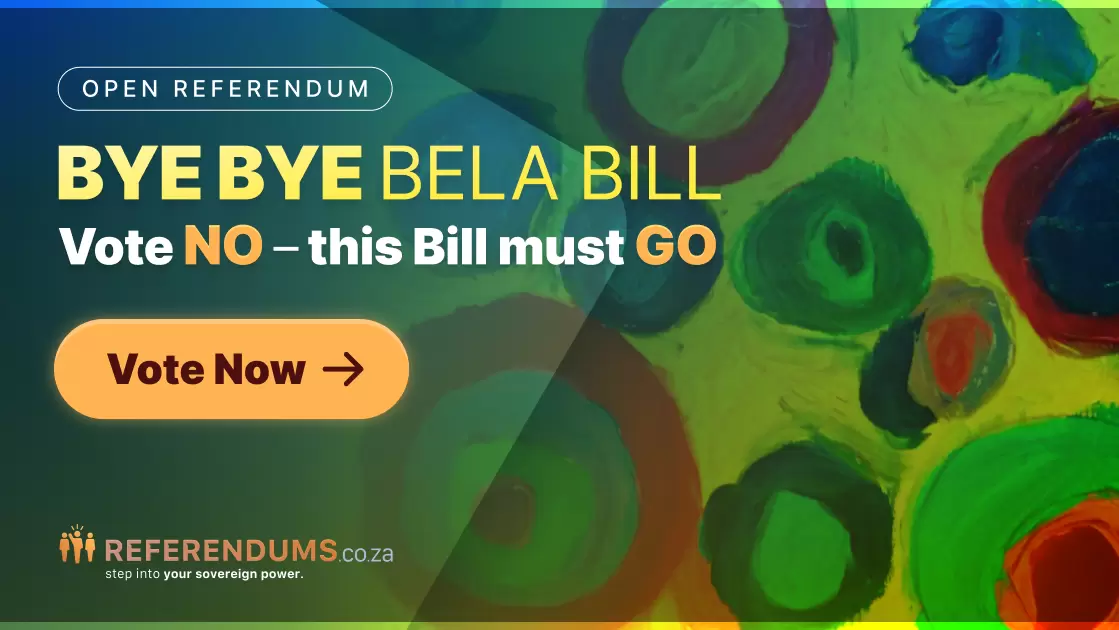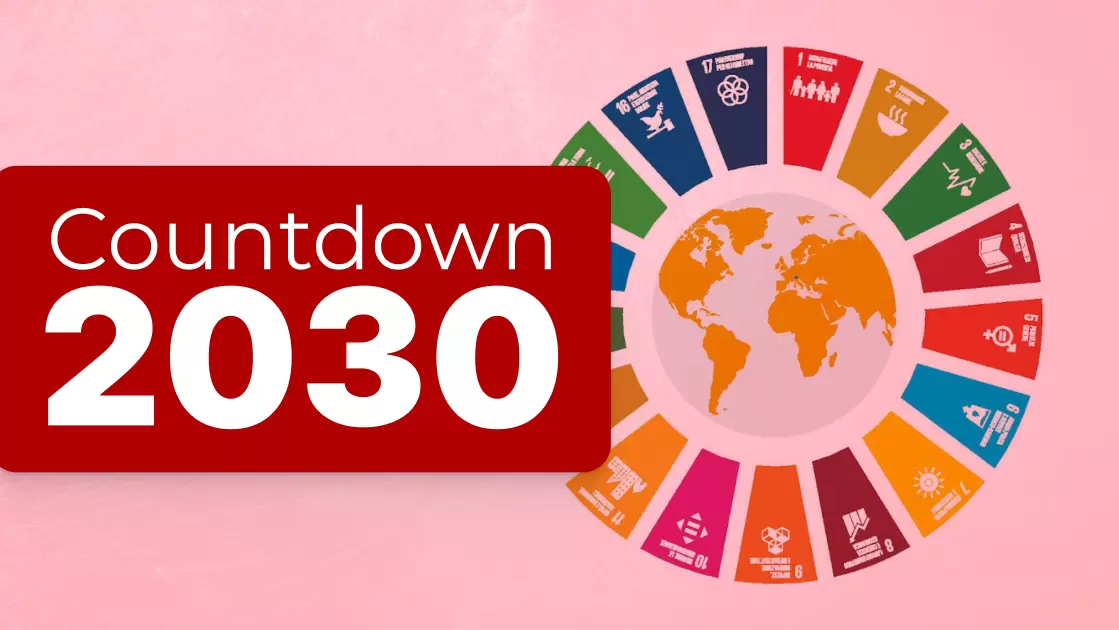How the Swiss Referendum System Works
Contrary to popular belief, most laws passed by the Swiss Parliament come into force without having to ask the people to vote on them and it is not mandatory to vote in all referendums.
A vote through referendum can, however, be held in three cases: a mandatory referendum, an optional referendum and a popular initiative, respectively.
Mandatory Referendums
Certain laws passed by the Swiss Parliament — including amendments to the federal constitution, joining an international organisation (like the UN) or introducing emergency federal legislation for more than a year — must be put to the vote of the People and the cantons (which are the provinces of Switzerland).
These are the only cases where voting is mandatory and these laws only come into force if they are accepted by a majority of the People and the cantons.
Optional Referendums
Secondly, when citizens disagree with the decision of the Swiss Parliament and they gather 50,000 valid signatures within 100 days of the official publication of the act, or eight cantons (provinces) submit a request, the act is submitted to a vote of the People.
The act only comes into force if it is accepted by the majority of the People.
Popular Initiative
And thirdly, in the event of citizen proposals to create a new law, voting by way of referendums is utilized. This also requires 50,000 valid signatures on a petition to get on the voting ballot for a referendum.
From a legal point of view, one citizen alone may collect the signatures of other citizens required to call for a referendum on a new law and he may finance the campaign to convince the electorate all by himself. In practice, however, this will not work. The effort of collecting this number of signatures within three months is huge, and people rarely sign for the sake of signing. From what we understand, the Swiss electorate likes to be properly informed. They seem to be active in the pursuit — they go to public discussions; they are looking for convincing arguments and they discuss issues among friends. So simply paying for ads or putting up posters won’t convince the electorate.
It seems natural checks and balances are in place in a society that embraces active citizenry.
If the proposal is rejected in a referendum, then the proposal is cancelled for some time (although it may, and often will, return after some years in a modified form). Though it is regarded as an honour if a government member is “successful” in referendum campaigns, nobody will call for resignation from office if he or she loses a campaign. Otherwise, Switzerland’s government would have to be re-elected several times a year.
Four or five major Swiss parties are represented in government and decisions are made by consensus. If these parties disagree — and apparently, they constantly do so in Switzerland — the electorate will decide, and the government will execute what has been decided. No need for a vote of confidence, no need for untimely elections. Just political stability.
From the Desk of “B”







